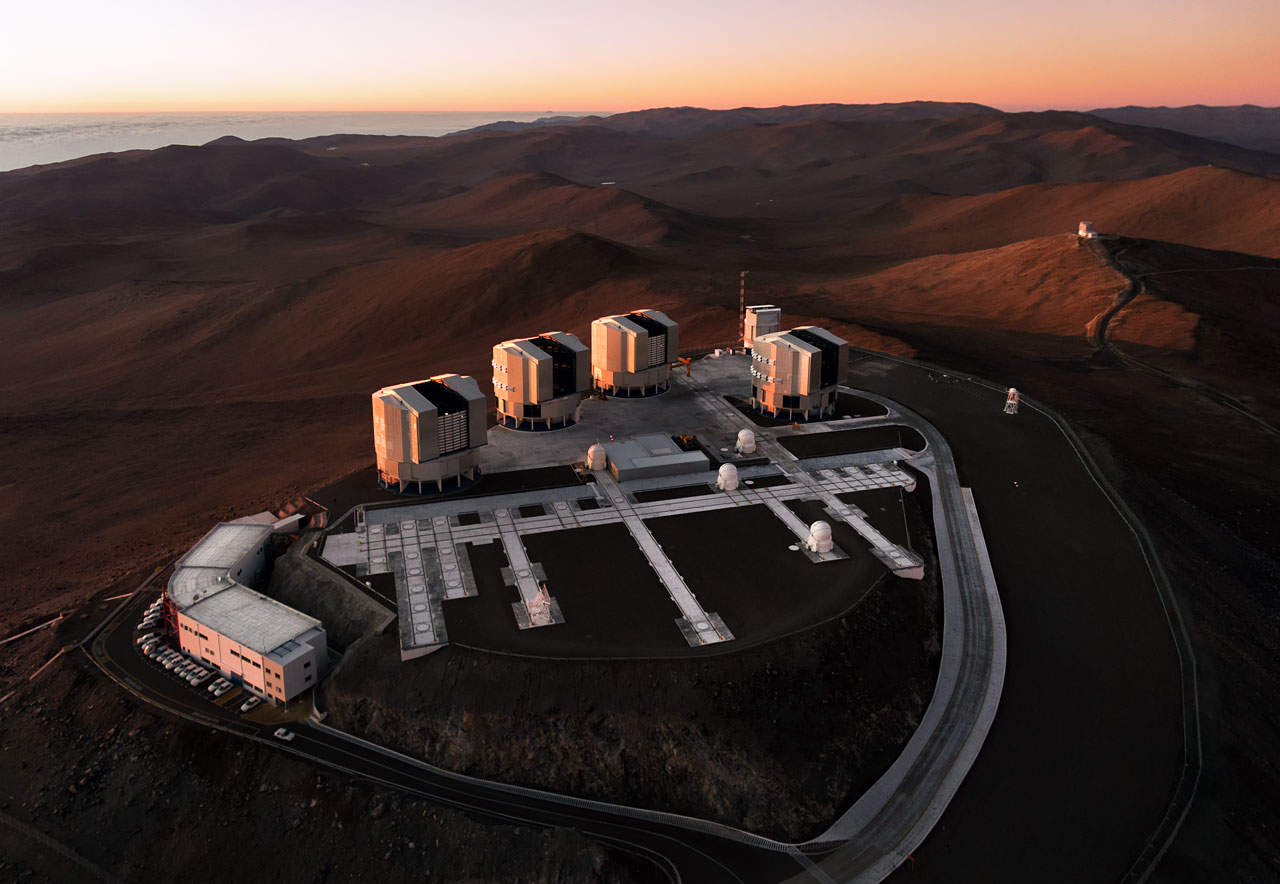Blue Origin launches ninth crewed New Shepard suborbital mission

BERLIN — Blue Origin flew six people, including a pair of repeat customers and a science communicator, on the latest New Shepard suborbital spaceflight mission Nov. 22.
The New Shepard vehicle lifted off from Blue Origin’s Launch Site One in West Texas at 10:30 a.m. Eastern. The flight lifted off on schedule without any of the countdown holds common during previous flights.
The New Shepard capsule R.S.S. First Step, making its 11th flight, landed about 10 minutes after liftoff, two and a half minutes after the booster landed, completing its 12th flight.
The six-person crew of NS-28 included two people who previously flew on New Shepard. Marc and Sharon Hagle, husband and wife, flew together on the NS-20 mission in March 2022, the fourth crewed flight of the vehicle.
Also on board was Emily Calandrelli, an author, television show host and online science communicator. In a social media post, she said she would become the 100th woman to go to space. That number, however, includes nine women who have flown on Virgin Galactic suborbital spaceflights that passed the 50-mile (80.5-kilometer) altitude used by U.S. government agencies for awarding astronaut wings but fell short of the 100-kilometer Kármán Line used by Blue Origin as the demarcation of space. Blue Origin, in its webcast of the launch, did not mention that milestone when discussing Calandrelli.
The other three people on NS-28 were Austin Litteral, who works in risk management in the financial industry and won his seat in a contest by an online shopping platform; James (J.D.) Russell, a technology entrepreneur; and Henry (Hank) Wolfond, chairman and chief executive of Canadian investment firm Bayshore Capital.
NS-28 with the ninth crewed flight by New Shepard and the third this year. It was also the second flight in one month after the uncrewed NS-27 flight Oct. 23. That mission was the first flight of a new crew capsule and booster that Blue Origin plans to use for future crew flights to provide “expanded flight capacity to better meet growing customer demand,” the company said at the time.
Related
Read the original article here




